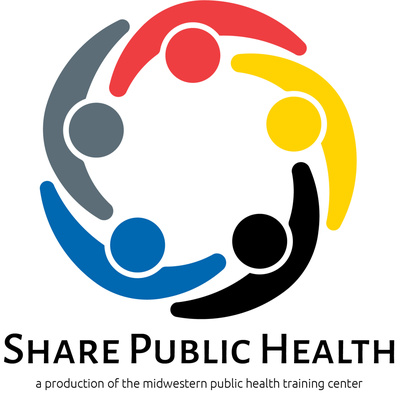Budgeting and fiscal management are challenges to all laboratory supervisors, both new and not so new. Gone are the days when the laboratory received a significant amount of its funding from a single source. Today, government laboratories have numerous funding streams, including appropriated state or local revenue, direct federal funding, indirect federal funding (through other departmental grant recipients), fees or other earned income and third party reimbursement such as Medicaid. The fiscal management of a public health laboratory is not only more complex than in days past, but with increased focus on public accountability it is also subject to greater scrutiny.
Too often the financial aspects of the laboratory business can intimidate managers who have a scientific background. However, managers must understand and participate in cost accounting and budgeting. In addition, they must understand the principles of financial accounting and financial analysis in order to gauge performance, because “what gets measured gets managed.” Among the highest priorities for public health laboratory staff is to review the current budget to determine how much money is available for laboratory operations, where the money is being spent (budgeted) and where it comes from (revenue streams).
Intended Audience
All laboratory staff who are involved in budgeting.
Learning Objectives
After completion of this course, the participant will be able to:
- Define budget terminology relevant to operations of a public health laboratory.
- Describe concepts used in the creation and management of a public health laboratory budget.
- Describe the budget creation and approval process used in a public health laboratory.
- Explain how expenditures and income are monitored in a public health laboratory
Pre-requisites/Learning Level
No Pre-requisites
Competencies Addressed
- MLD 3.00. Financial management: ensures sound financial management
- MLD 3.01. Budgets: Complies with budgetary guidelines
- MLD 3.02. Revenue and income: Describes revenue sources associated with individual activities
- MLD 3.04. Financial management process: Uses designated financial management tools
- MLD 3.05. Resource management: Uses workplace resources efficiently
CEUs Offered
None
Cost
Free
Modality/format
Online self-pace
Length
1 hour
Presenter(s) and/or Content Expert
APHL Emerging Leader Program Cohort 9 members




